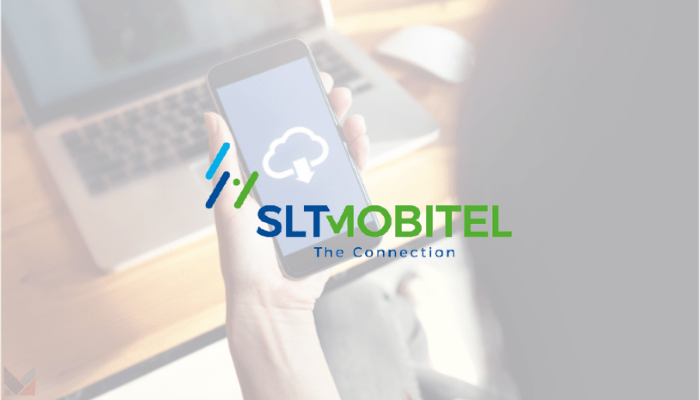Hong Kong – Tencent Cloud, the cloud business of china-based tech giant Tencent, is introducing Lighthouse, a one-stop cloud server service that is suitable for lightweight business scenarios. This is in response to covering the needs of more SMEs and developers amid small businesses further seeing the importance of cloud usage.
Tencent Cloud Lighthouse comes with ‘out-of-the-box’ features such as one-stop integration of basic cloud services, including computing, storage, and network. It also provides a one-click app deployment, providing a rich set of out-of-the-box app images and preconfigured software stacks for websites, blogs, forums, and other application systems.
The company also boasts Lighthouse’s packages for computing, storage, and network resources as well as high bandwidth/traffic packages which aim to make the deployments highly cost-effective. Tencent also said the service helps in unifying operations and maintenance, where servers, applications, operations and maintenance are able to be carried out from a single unified management console of Lighthouse.
Furthermore, Tencent Cloud emphasises Lighthouse’s fit in different scenarios, such as building websites, and web applications, as well as building mini programs, mini games, online stores, cloud storage, and image hosting, among others.
Poshu Yeung, SVP of Tencent Cloud International, said, “As we usher in the new digital era, there’s a surge in demand for cloud technologies, particularly with SMEs and the developer community around the world. As one of the world’s leading cloud service providers, we are committed to empowering businesses of all sizes and fields to embrace digital transformation. We are pleased to introduce Tencent Cloud Lighthouse, a simplified and easy-to-use cloud server product that can assist them as they embark on their cloudification journey efficiently.”
Tencent Cloud also recently launched the SME Booster Program, offering SMEs up to USD500 exclusive rebate packages, various product free trials and promotional offers, including Lighthouse.








